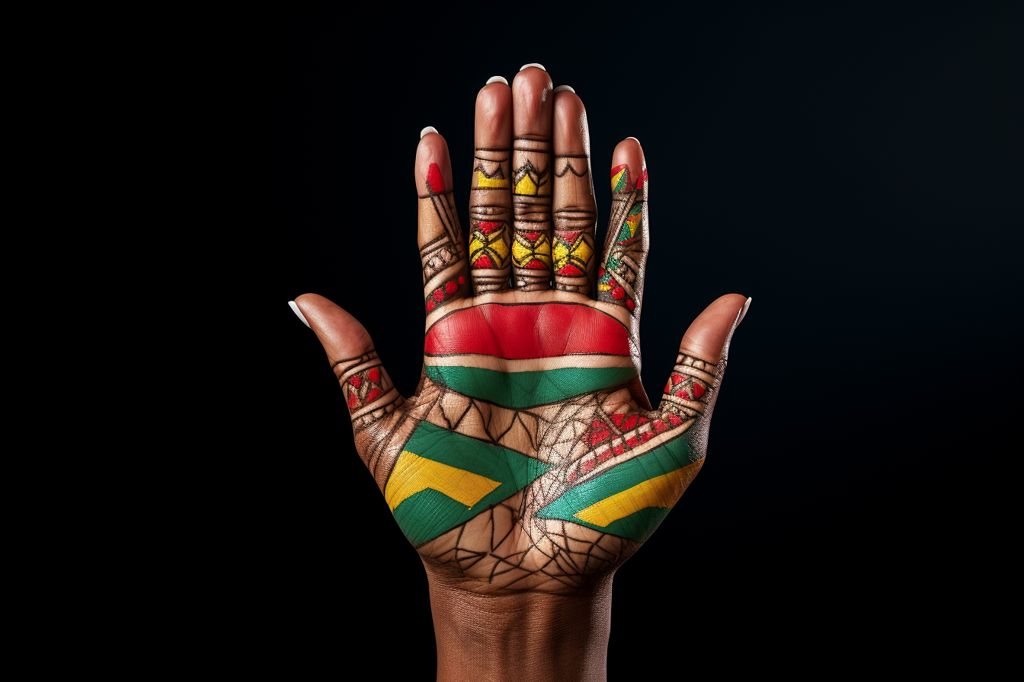South African President Cyril Ramaphosa will sign the South African Sign Language (SASL) Bill into law on July 19, 2023, at the Union Buildings in Pretoria. The bill’s passing marks a historic moment in South Africa’s journey towards inclusivity and equality for the deaf and hard of hearing community.
SASL Recognized as an Official Language
On May 2, 2023, the National Assembly approved the amendment of Section 6 of the Constitution to include SASL as an official language. The move promotes the rights of people with hearing impairments and showcases South Africa’s commitment to diversity and inclusivity.
Preserving South Africa’s Identity
SASL is an indigenous language with unique grammatical structures and lexicon, which holds a special place in South Africa’s linguistic and cultural heritage. The recognition of SASL as an official language emphasizes the importance of preserving and celebrating this crucial aspect of South African identity.
Advancing Cultural Acceptance and Human Dignity
The new legislation aims to advance the cultural acceptance of SASL and ensure the realization of the rights of deaf and hard of hearing people. The bill acknowledges their right to equal protection and benefit of the law and seeks to promote human dignity for the community. It also aims to encourage inclusive and substantive equality and prevent or eliminate unfair discrimination on the grounds of disability.
Sign Language on the Global Stage
South Africa joins Kenya, Zimbabwe, and Uganda as the fourth African nation to recognize sign language as an official language. As more countries acknowledge the significance of sign languages, the global community moves closer to creating an inclusive society that values and accommodates the diverse needs of its people.
Historic Signing Ceremony
The signing ceremony will take place on July 19, 2023, at the Media Centre, Union Buildings, from 15h00 to 16h00. Members of the media interested in covering the event are invited to submit their details to Makungu Mbetse and Khutjo Sebata before the deadline on July 18, 2023, at 14h00.
Embracing Inclusivity and Equality
The South African Sign Language Bill becoming law paves the way for a more inclusive and equal society. The recognition of SASL as an official language not only safeguards the rights and dignity of persons who are deaf and hard of hearing but also enriches the tapestry of South African linguistic and cultural heritage. By embracing SASL as an integral part of the nation’s identity, South Africa demonstrates its commitment to fostering a more unified and understanding society where all individuals, regardless of their abilities, can thrive.








